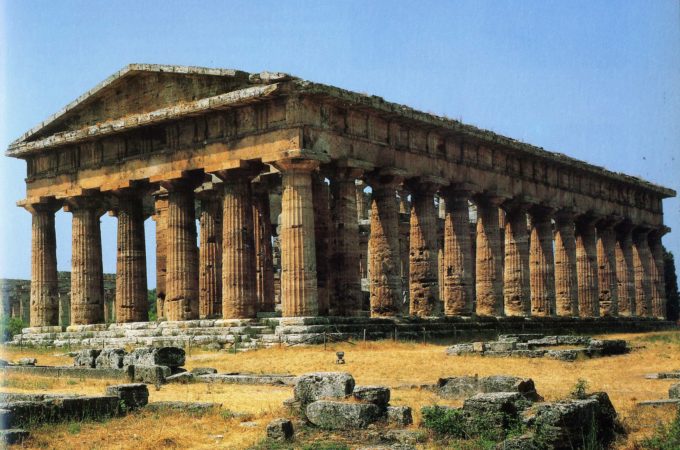Answer: Western civilization
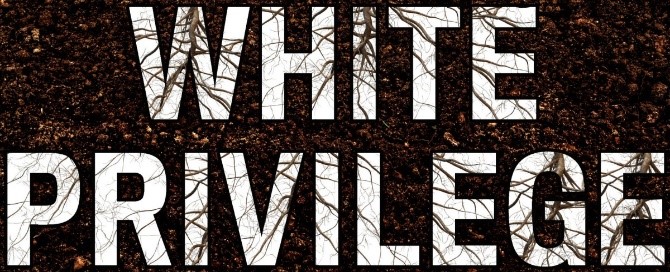
Question: What do postmodern thought leaders identify as the biggest problem in the world?
Postmodernists insist that social justice requires the death of Western civilization, as “social justice warrior” Jesse Jackson said in the 1980s.
Western civilization is rooted in three streams of thought, three “books,” in a manner of speaking. These books, which guided the development of free societies, were recognized and affirmed over 400 years ago, but have now largely fallen out of sight.
Modernism eliminated one. Postmodernism is in the process of erasing the other two.
What are those three books? And what has their loss meant?
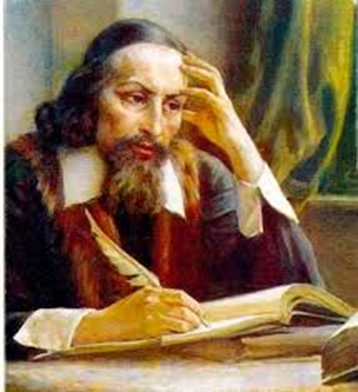
John Amos Comenius (1592-1670) , now mostly forgotten, was a Czech philosopher, pedagogue, and European reformer. He focused his attention on the comprehensive reform of education in Europe. Comenius was known as “the father of education” long before the modern John Dewey. He knew that for nations to be free, they needed to know the truth. To know the truth people needed to be literate, they needed to be educated.
In his 1642 book, A Reformation of Schooles, Comenius grounds true education in God’s word and God’s works:
And Praised be thou, O Lord, forever, which dost likewise give us thy works and word for a pattern … that as thy word and works are true and lively representations of thee: so this, which we are about, may prove a true, and lively image of thy word and works.
God reveals Himself in the creation
Note three significant statements. First, God gives us His word—Scripture, and His works—the creation, as patterns for finding truth and wisdom. Second, God’s works and His word reveal His nature and character. Third, the work of our hands is to be a life-giving manifestation of God’s word and works. Our secondary creations should faithfully reflect the Primary Creator and His creation.
Comenius’s understanding is rooted in Scripture. The Apostle Paul notes that God has revealed Himself in three books, not only in His word, but also in His works:
… because what may be known of God is [1] manifest in them, for God has shown it to them. For since the creation of the world His invisible attributes are clearly seen, being understood [2] by the things that are made, even His eternal power and Godhead, so that they are without excuse. Romans 1:19-20
Note the two sources of revelation in God’s works. The first is internal to man: God has manifested (revealed, made evident) the knowledge of Himself in them. We are made in the image of God. We have the ability to reason—an attribute of intellect, we have a will—the attribute of purpose, and we have a heart—a moral attribute.
The second source of revelation, that is, the rest of creation is external to man. These “books,” reason and reality, are added to revelation to comprise the three books which shaped Western civilization.
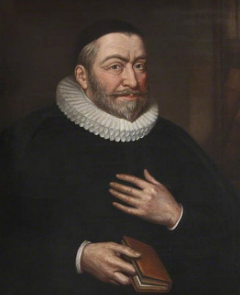 William Ames (1576-1633), a French Huguenot educational reformer, put it this way:
William Ames (1576-1633), a French Huguenot educational reformer, put it this way:
Thus, let us not become the slaves of anyone, but … let us freely and courageously follow the truth …. Testing all things, retaining that which is good, let Plato be a friend, let Aristotle be a friend, but even more let truth (veritas) be a friend.
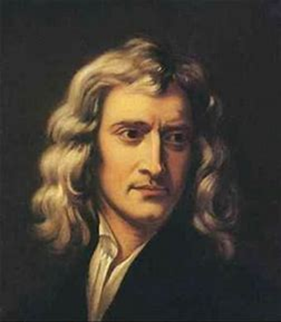
Revelation, reality and reason
English mathematician, astronomer, theologian, physicist, and one of the most influential scientists of all time, Isaac Newton (1642-1727), spoke similarly: “Plato is my friend; Aristotle is my friend, but my greatest friend is truth.”
Again, we may summarize the three books as the three “Rs”:
- Revelation (the Bible)
- Reality (Science, represented by Aristotle)
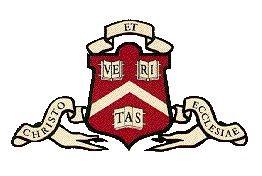 Reason (Philosophy, represented by Plato)
Reason (Philosophy, represented by Plato)
These three books, foundational in the creation of Western civilization, also shaped the reform movement at the forefront of American education.
It was largely the Puritans who founded higher education in colonial North America. Harvard, Princeton and Yale, to name a few, were established on the Reformers’ concept of education. The three books of Revelation, Reality and Reason were at the center. As we have written, the first seal of Harvard featured the three books.
Notice in the banner Latin “for Christ and the Church.” In the shield, note the three books stamped with the letters spelling VERITAS, Latin for truth. These books represent:
- The book of Revelation – the Bible
- The book of Reason – Plato/Philosophy
- The book of Reality –Aristotle/ Science
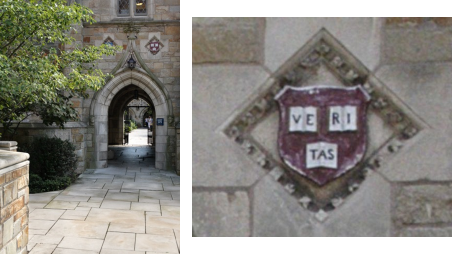
Truth (veritas) is found at the intersection of the three books of Revelation, Reason and Reality. Each book plays its part in revealing God’s nature and the nature of His creation.
American universities originally existed for the pursuit and practice of truth and the glory of God. They instilled not only knowledge in their students, but understanding—the meaning of what they know, and virtue—the moral practice of the truth. The outcome was a land of freedom and opportunity that continues to attract people from all over the world. Now it is increasingly the memory of the pursuit of veritas that draws people to this land of dreams and opportunity where men live free.
Evolution of the Harvard seal an example of the erosion of Western civilization
The pursuit of truth is less a reality and more a memory. Something has changed. The passion for truth is fading, being replaced with a passion for material things. The Puritan vision for education and the foundation of the three books have been rejected.
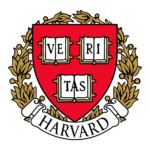 This erosion of truth and its pursuit has happened in two steps. With the rise of Modernism and its evolutionary theory, the banner “For Christ and the Church” was removed and the book of revelation abandoned. A purely natural universe has no God, thus no revelation. Man is the measure of all things. He can discover the truth through the books of Reason (philosophy) and Reality (science) alone. The result is a spiritless universe and a soulless human being.
This erosion of truth and its pursuit has happened in two steps. With the rise of Modernism and its evolutionary theory, the banner “For Christ and the Church” was removed and the book of revelation abandoned. A purely natural universe has no God, thus no revelation. Man is the measure of all things. He can discover the truth through the books of Reason (philosophy) and Reality (science) alone. The result is a spiritless universe and a soulless human being.
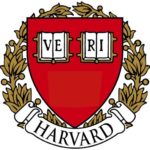
The “Modern” Harvard shield would look like this. Only Reason and Reality survive.
But it’s worse than that. Today we are entering the postmodern world. As I wrote at the beginning, postmodern thought leaders identity the problem with the world today as Western Civilization. White people must become woke to their privilege, that which is oppressing the rest of the world. The world must be saved by destroying Western civilization and its ideas and ideals. Revelation, reality and reason must go.
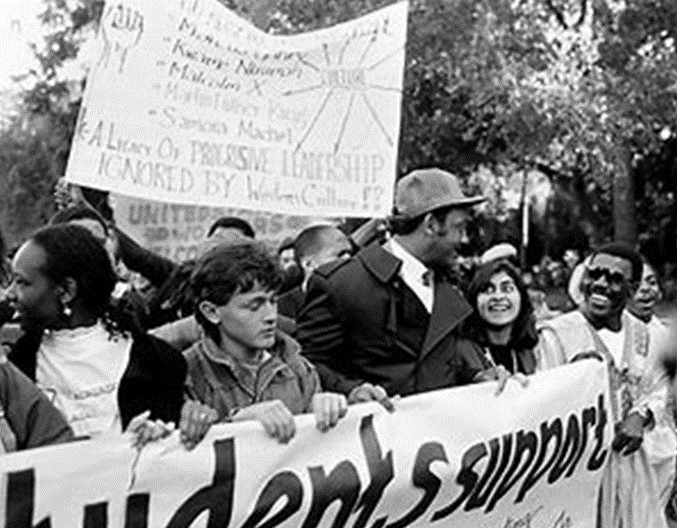
When Jessie Jackson came to Stanford University in the 1980’s he brought a postmodern mantra: “Hey, hey, ho, ho, Western Civ has got to go!”
The grounding of Western thought has been erased. Not only is education changing, the nations of the Western world no longer have an identity. The result is confusion and a descent into chaos.
Here is the shield of postmodern Harvard.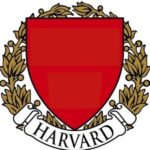
Love vs. Truth!
In a recent post, The Love-Truth Divide, we highlighted the rise of the modern world, in which the church abandoned the Biblical worldview for the Sacred/Secular divide of the Greeks. When moderns eliminated the book of Revelation, the church did the opposite, largely abandoning the books of Reason and Reality.
Now with the rise of postmodernism, the church is largely dividing love from truth, joining the postmoderns in a festival of “love.”
Unfortunately with both modernism and postmodernism, the church has allowed itself to be discipled by the nation. We have followed this path:
- The church tries to speak relevantly to the culture
- The church adopts the language of the culture
The church makes accommodation to the culture
- The church is held captive by the culture
At stake today is nothing less than the systemic deconstruction of Western civilization. The church has the opportunity to reclaim the legacy of the three books and begin, as our forefathers have done, to disciple our nations once again. That will mean:
- Rooting the church in truth and the circle of knowledge.
- Using the language of scripture for our discourse. Allowing theological language to shape our minds and our speech.
- Practicing the truth personally and publicly.
- Calling the nation to kingdom culture through the demonstration of: Truth, Beauty, and Goodness.
- Emancipating the city and the nation to live in freedom in the marketplace and the public square.
May we have the vision and courage to lead such reformation.
- Darrow Miller

